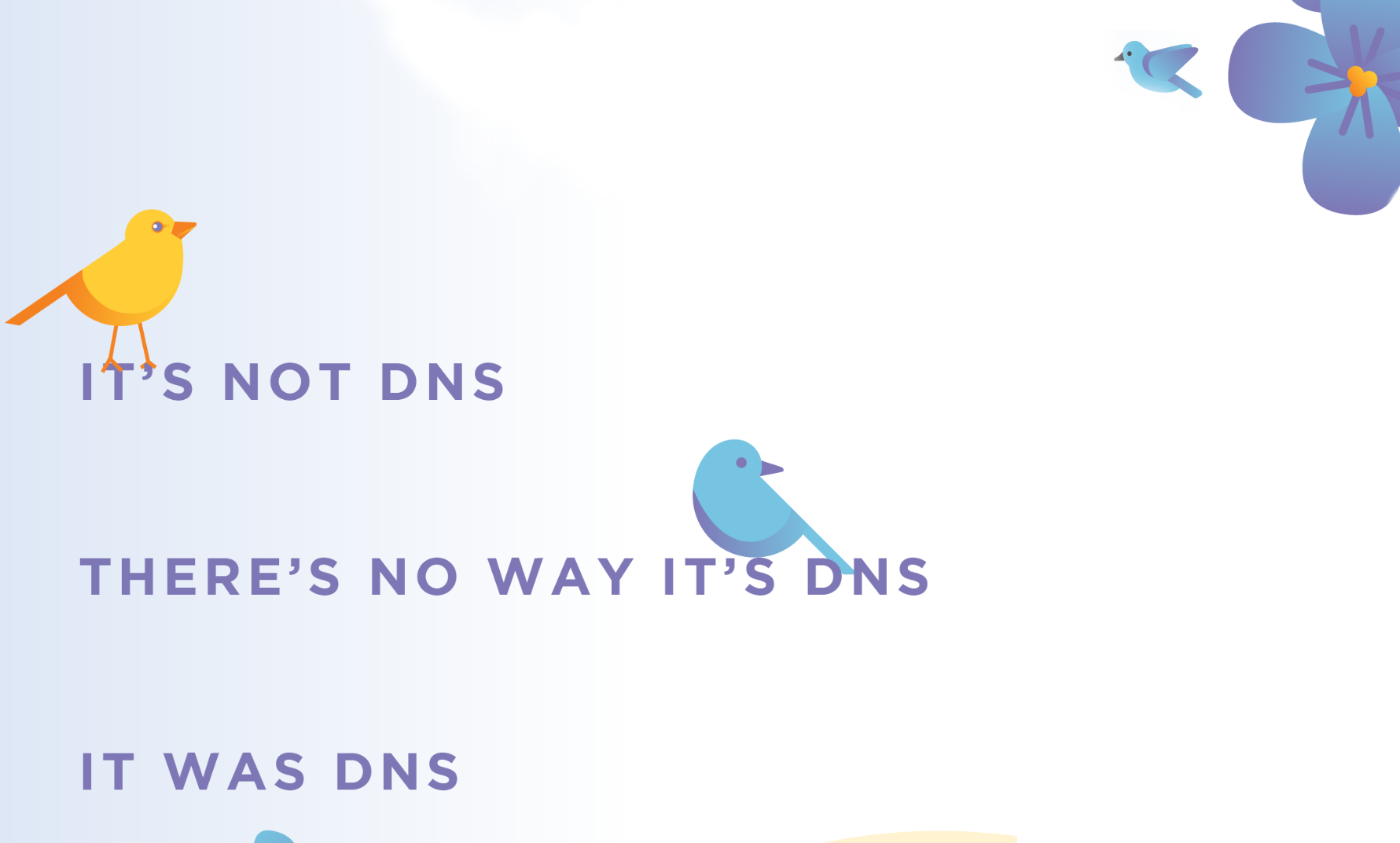Secondary DNS — A faster, more resilient way to serve your DNS records

What is secondary DNS, and why is it important?

In DNS, nameservers are responsible for serving DNS records for a zone. How the DNS records populate into the nameservers differs based on the type of nameserver.
A primary master is a nameserver that manages a zone’s DNS records. This is where the zone file is maintained and where DNS records are added, removed, and modified. However, relying on one DNS server can be risky. What if that server goes down, or your DNS provider has an outage? If you run a storefront, then your customers would have to wait until your DNS server is back up to access your site. If your website were a brick and mortar store, this would be effectively like boarding up the door while customers are trying to get in.This type of outage can be very costly.
Now imagine you have another DNS server that has a replica of your DNS records. Wouldn’t it be great to have it as a back-up if your primary nameserver went down? Or better yet, what if both served your DNS records at all times— this could help decrease the latency of DNS requests, distribute the load between Continue reading





